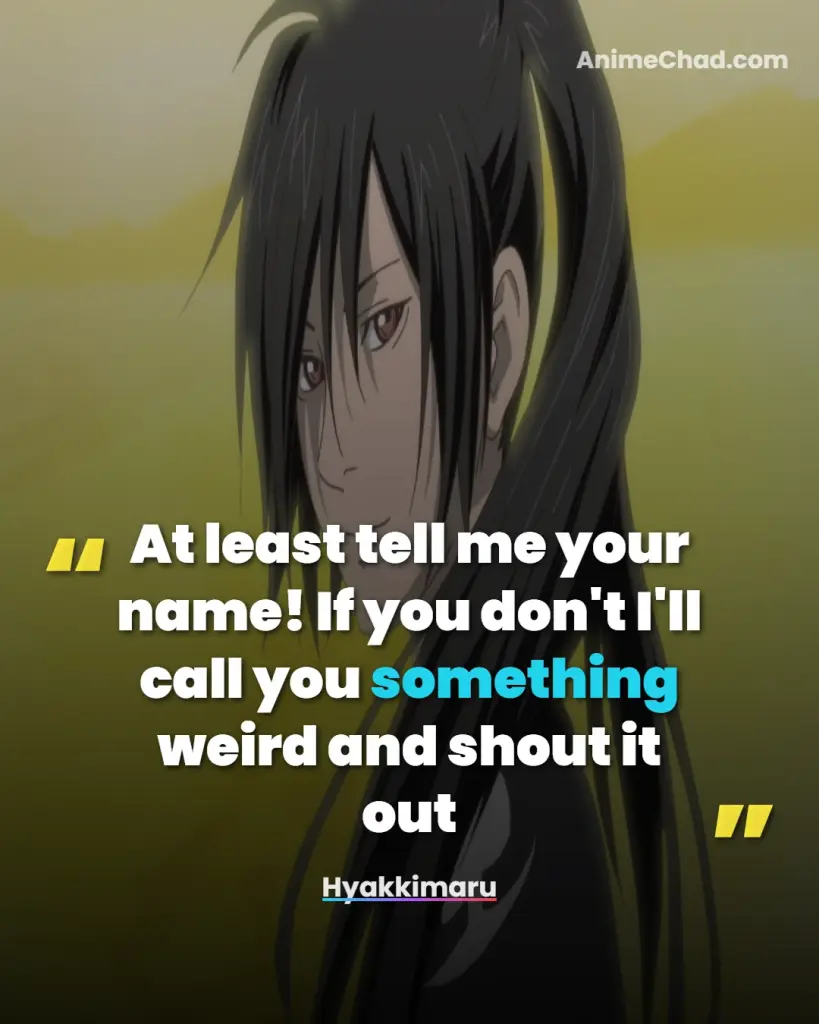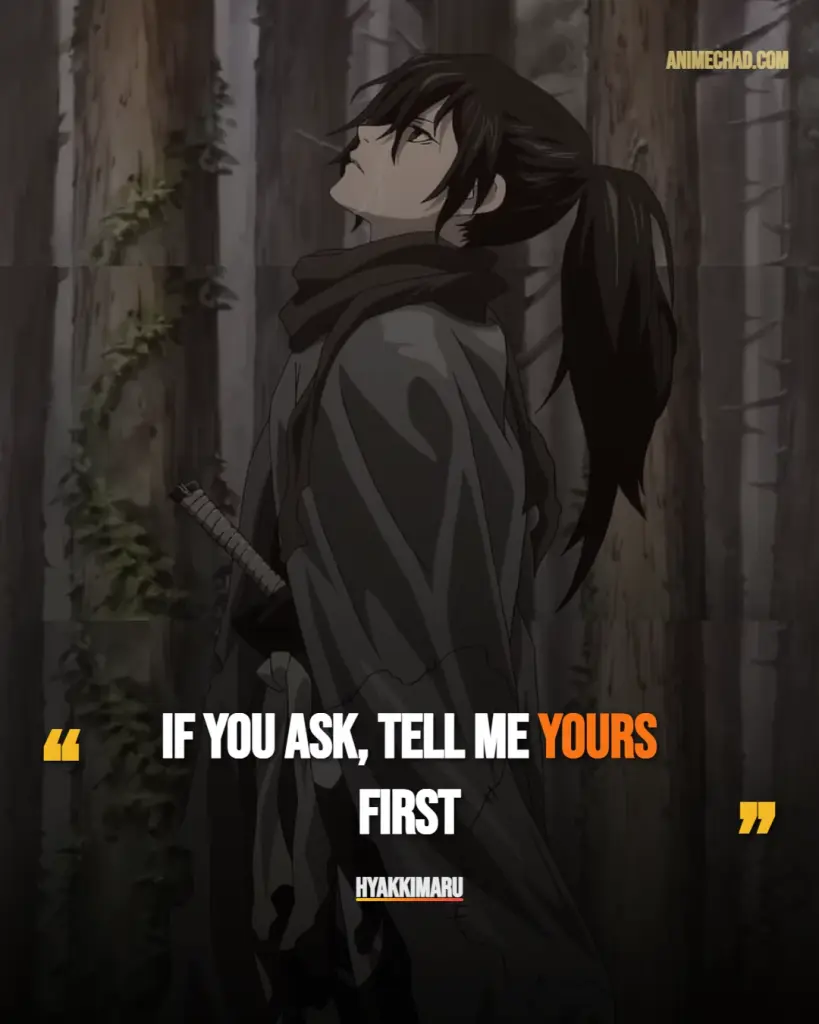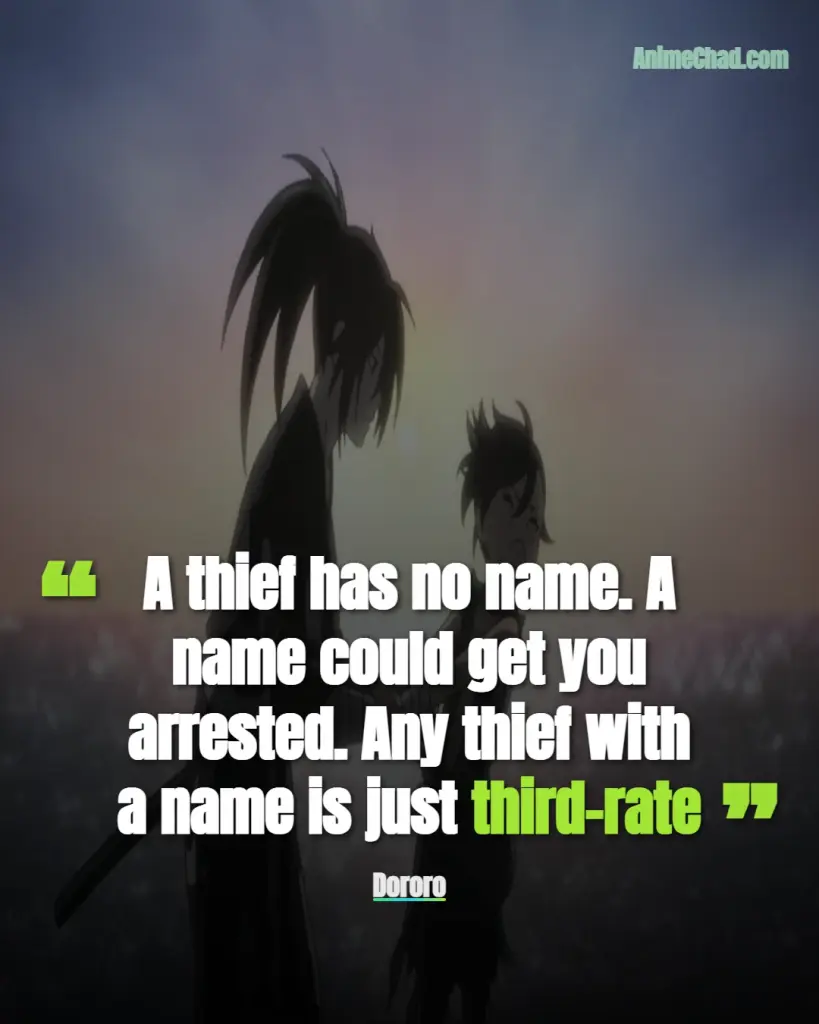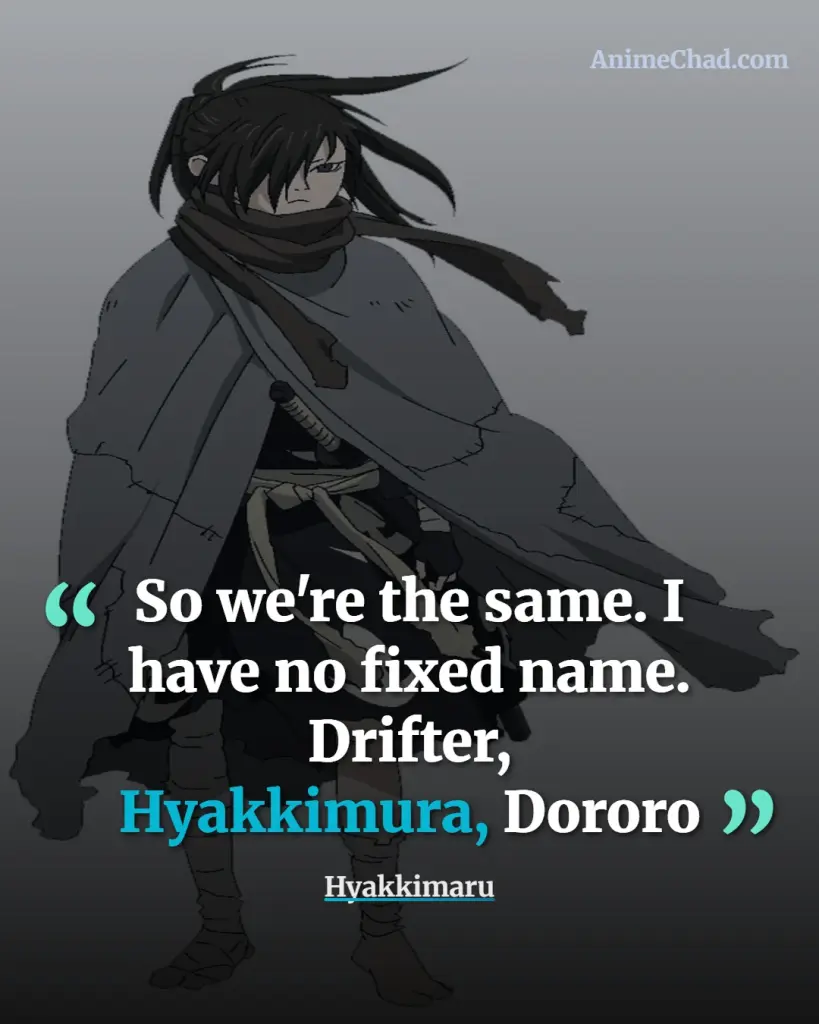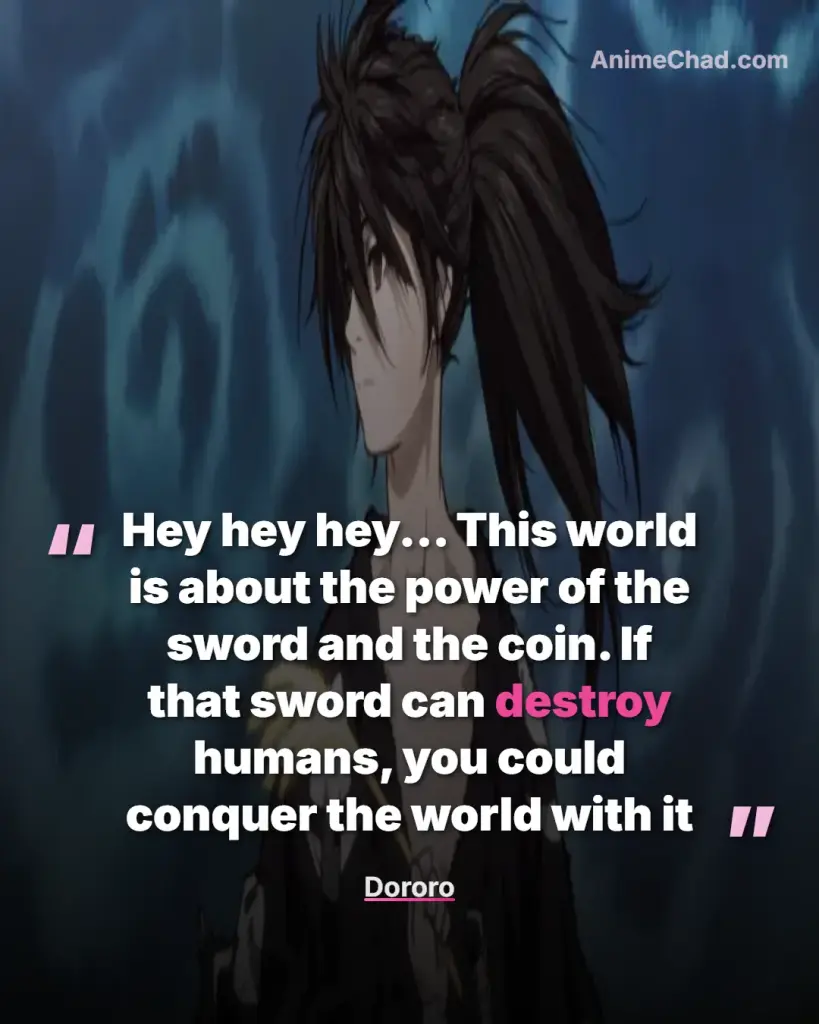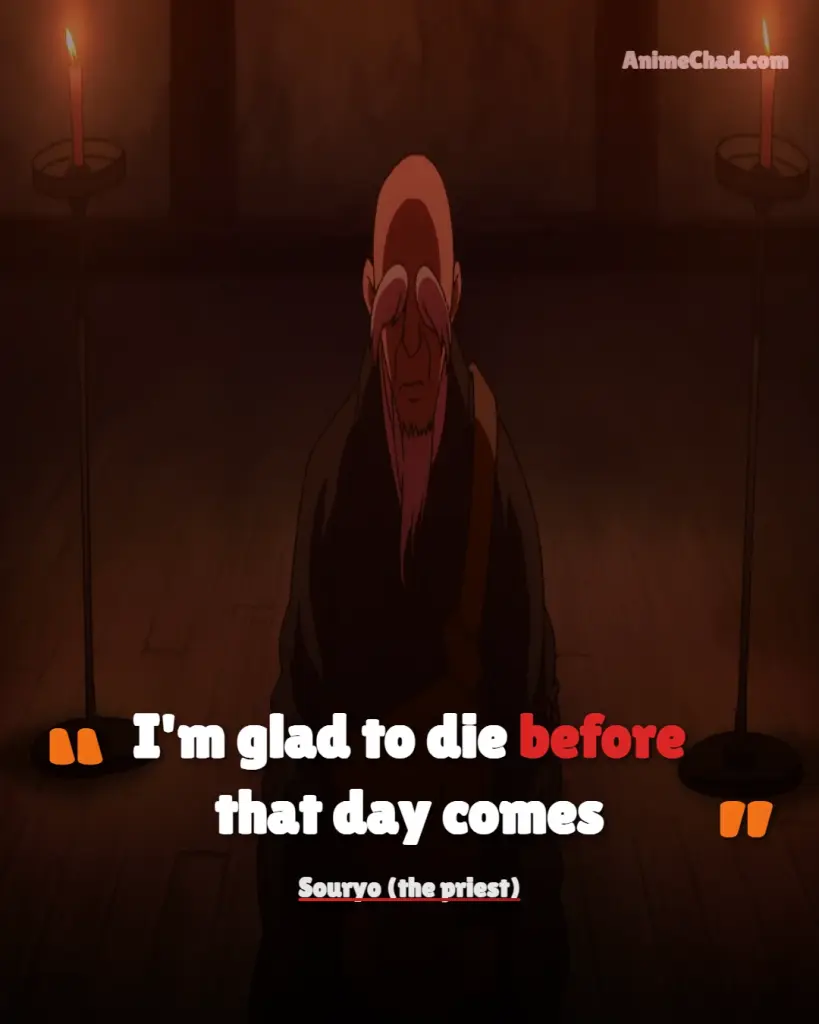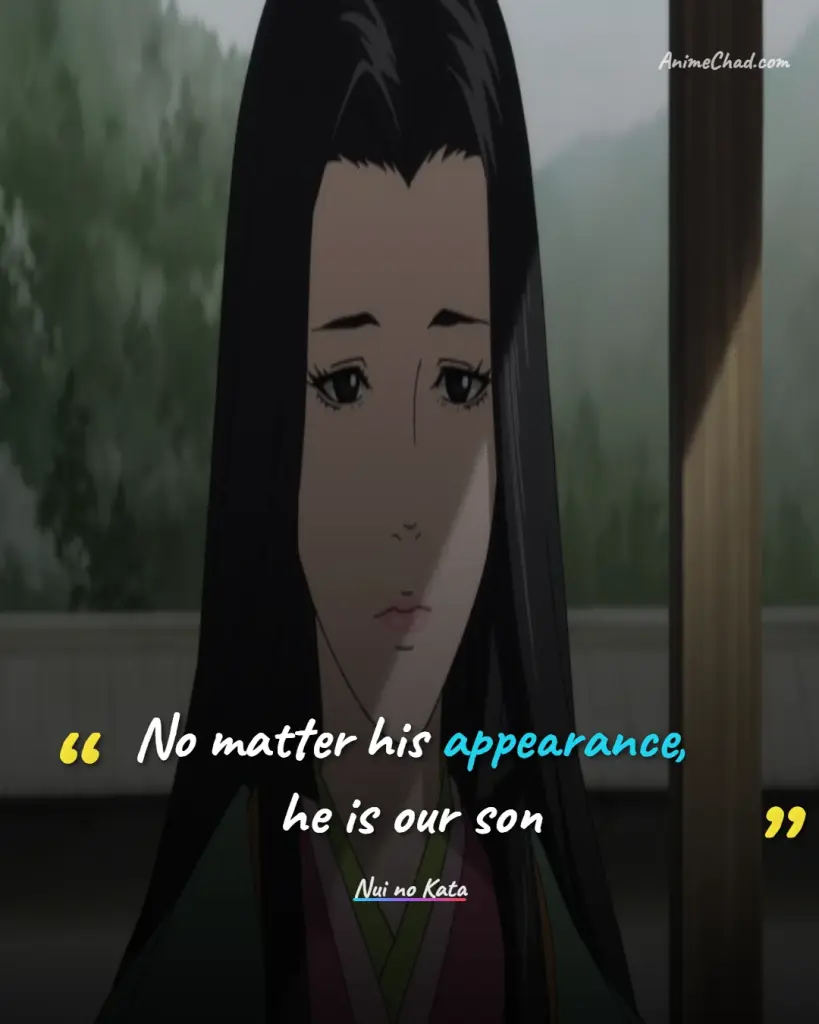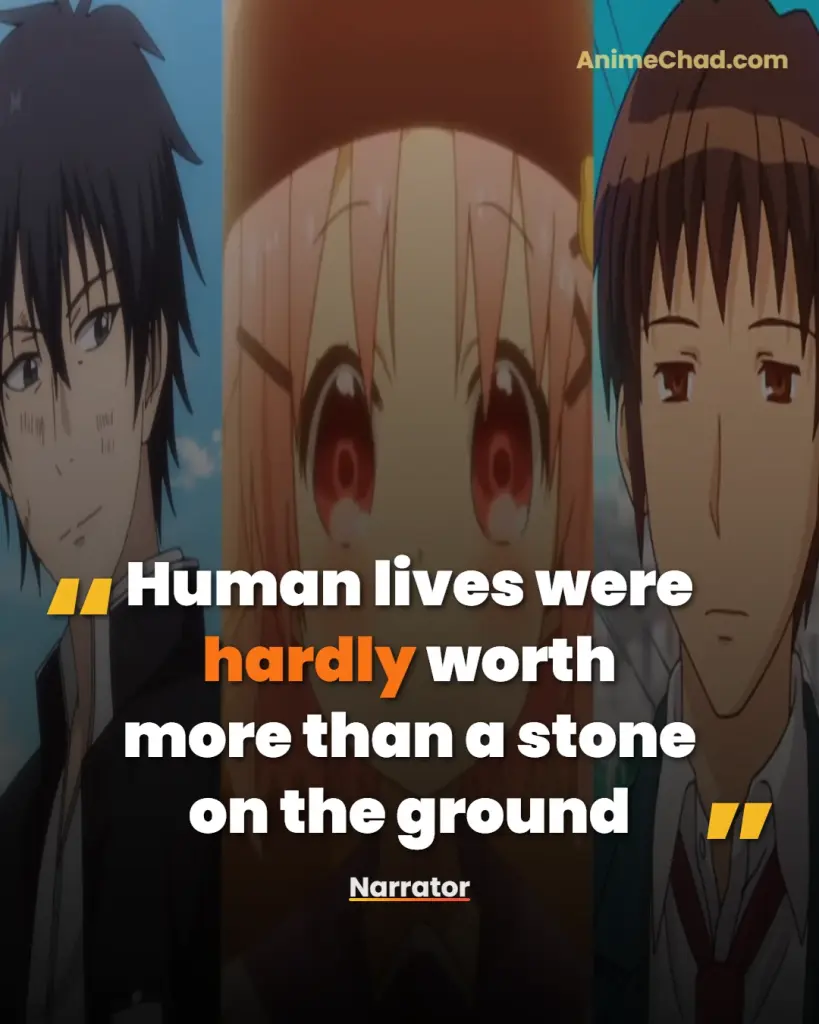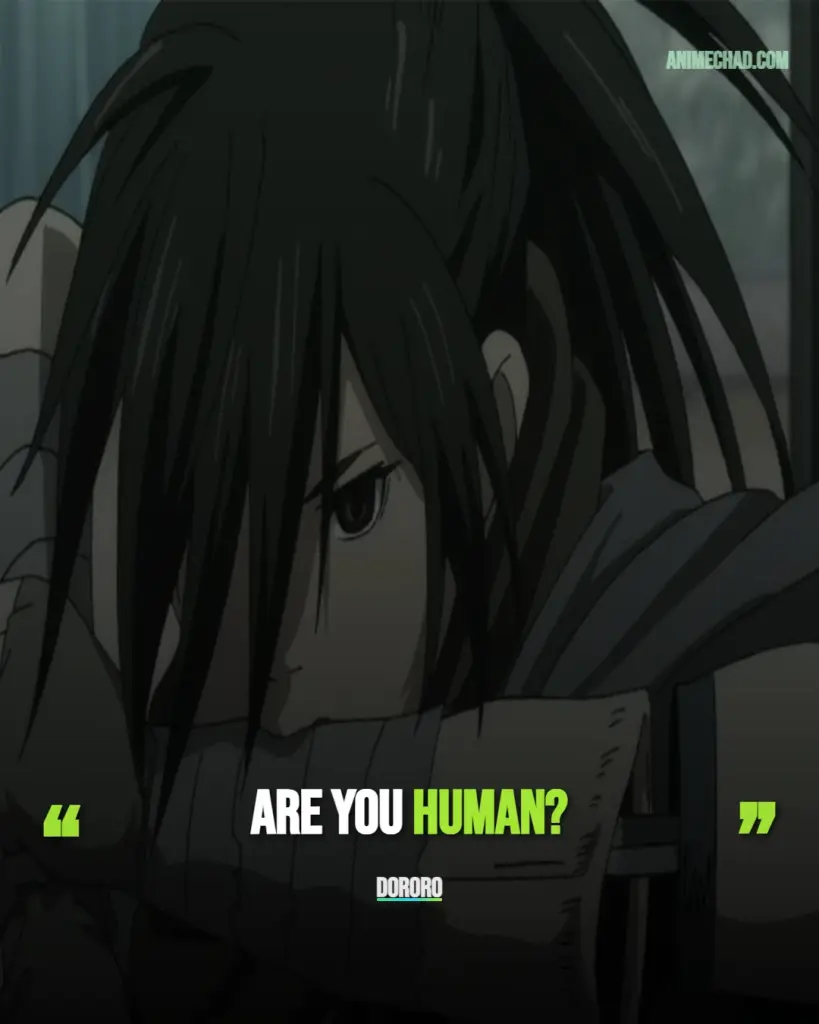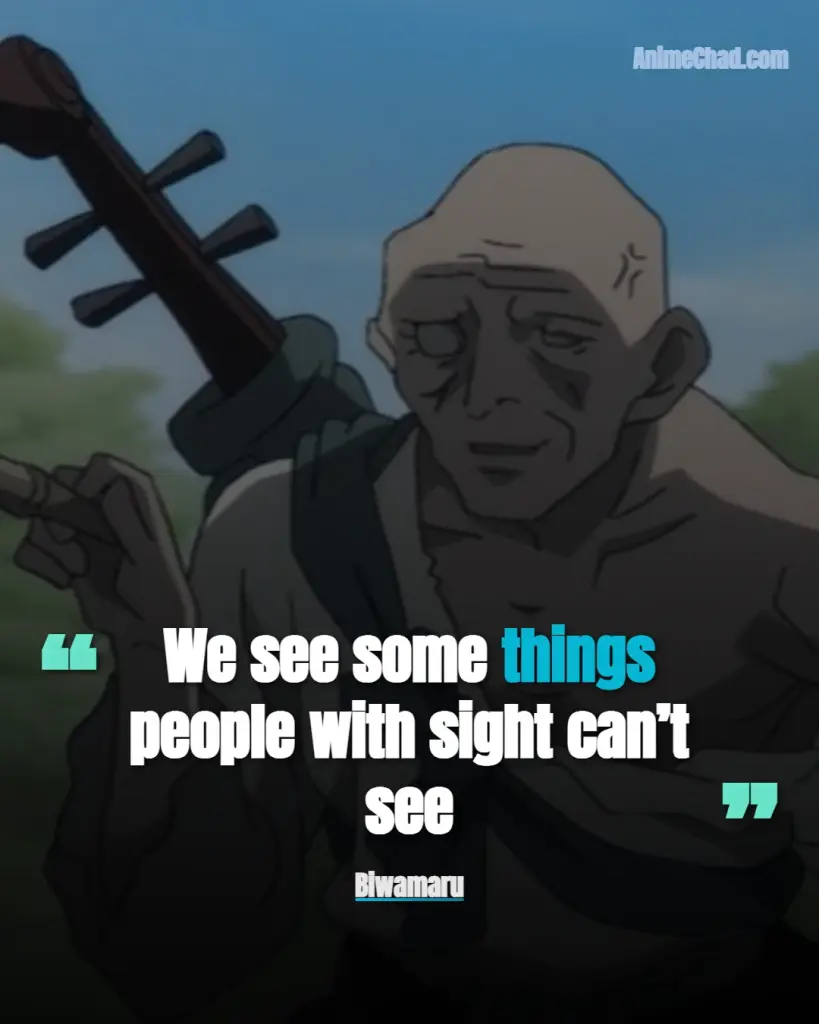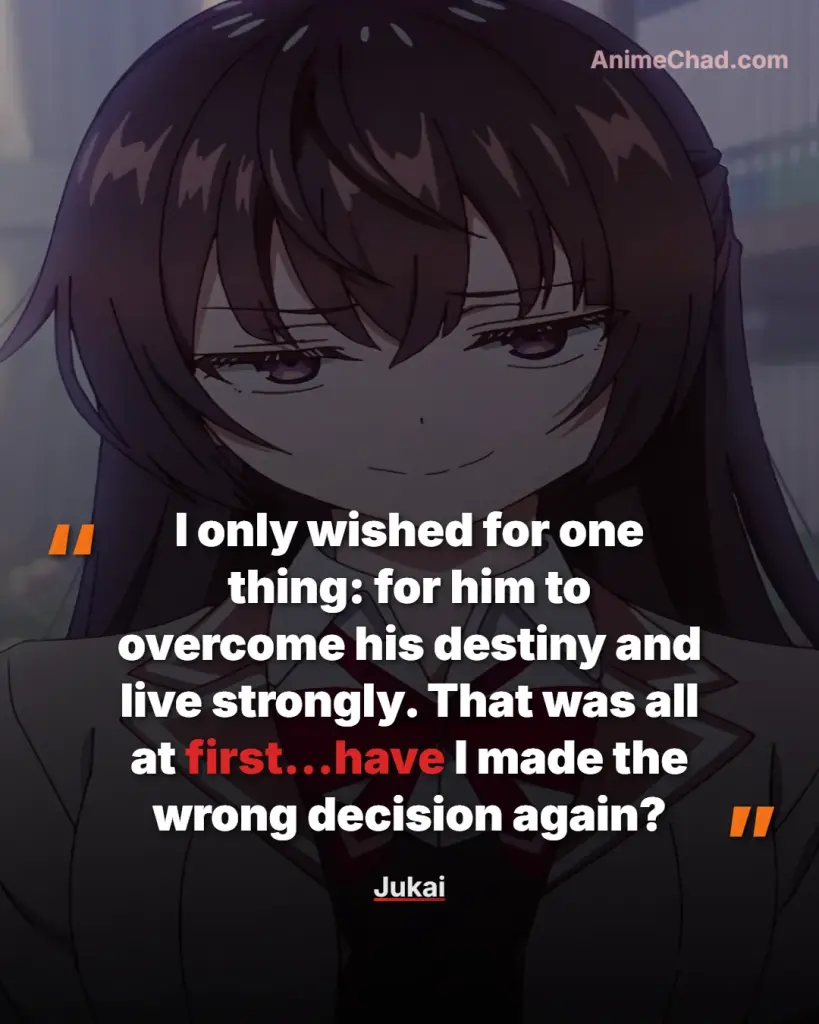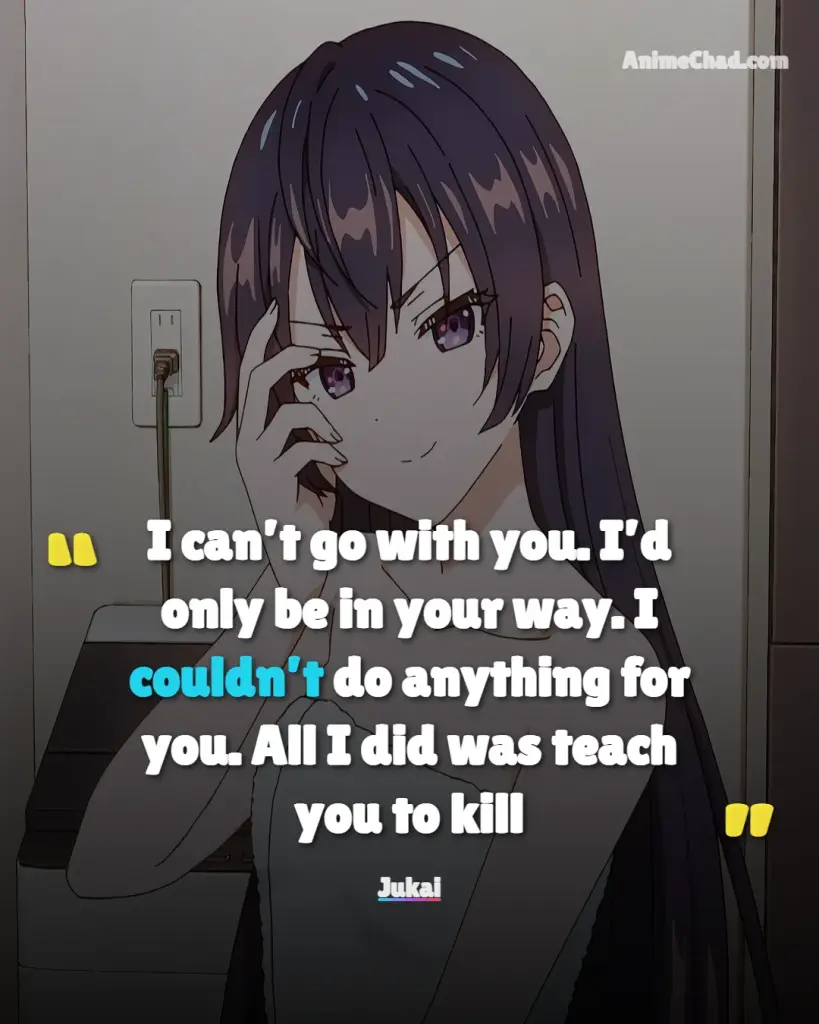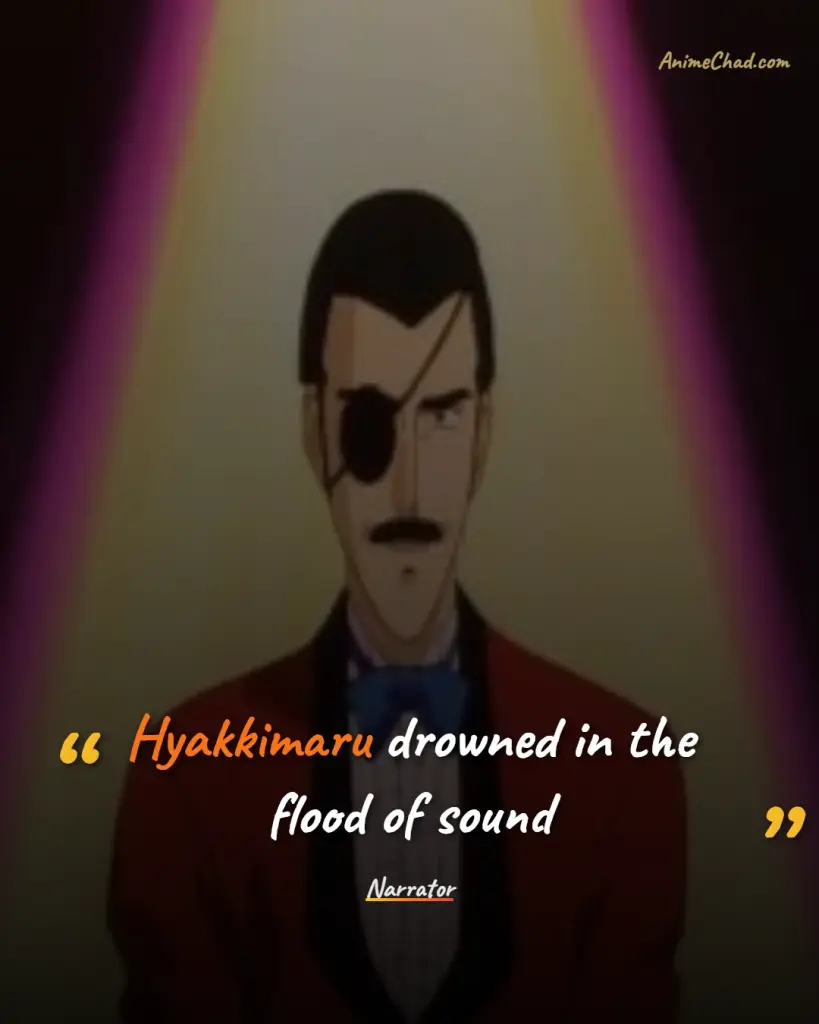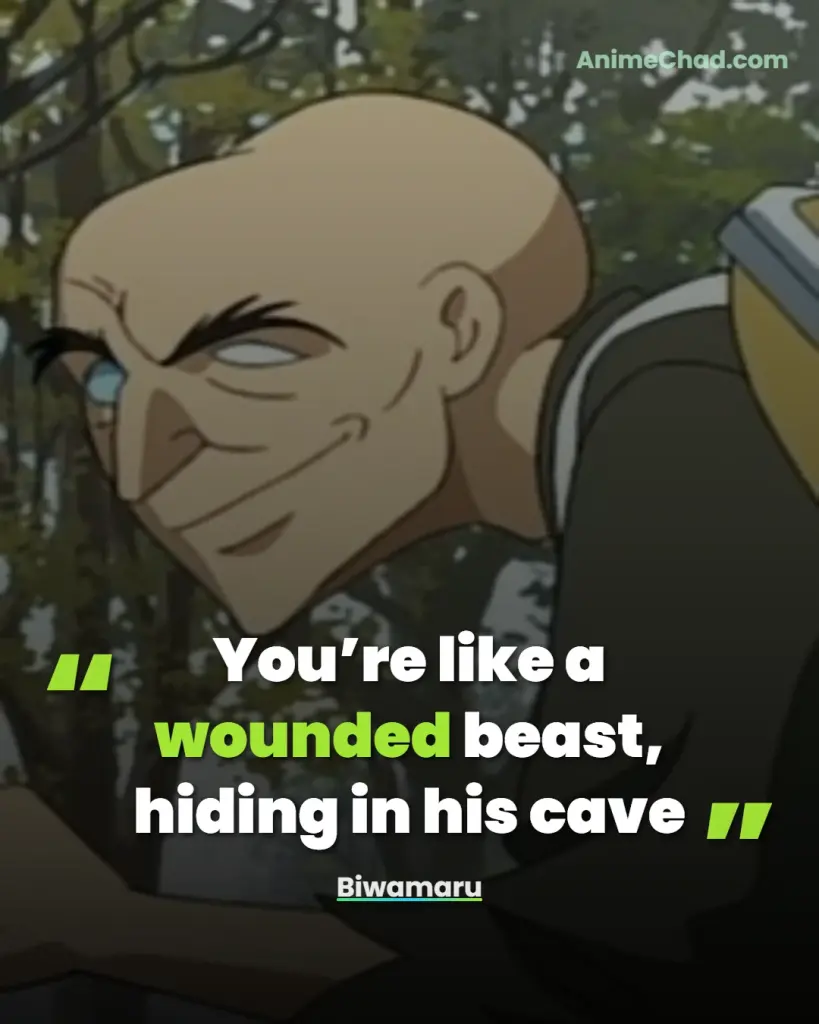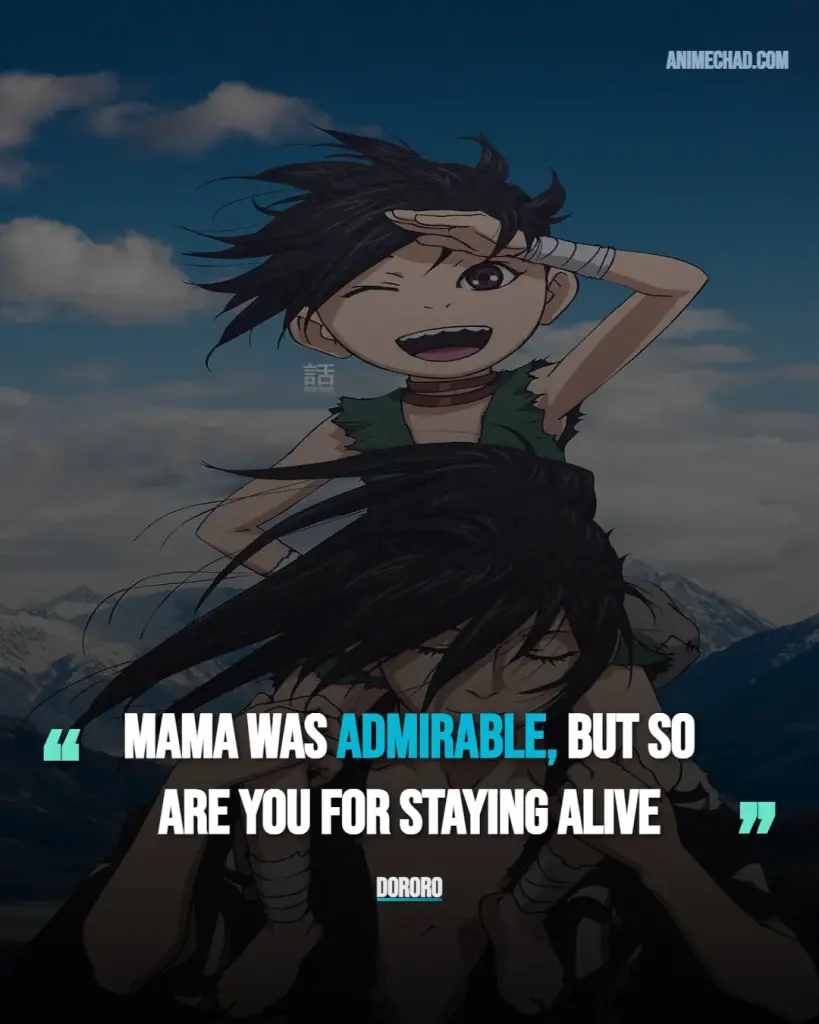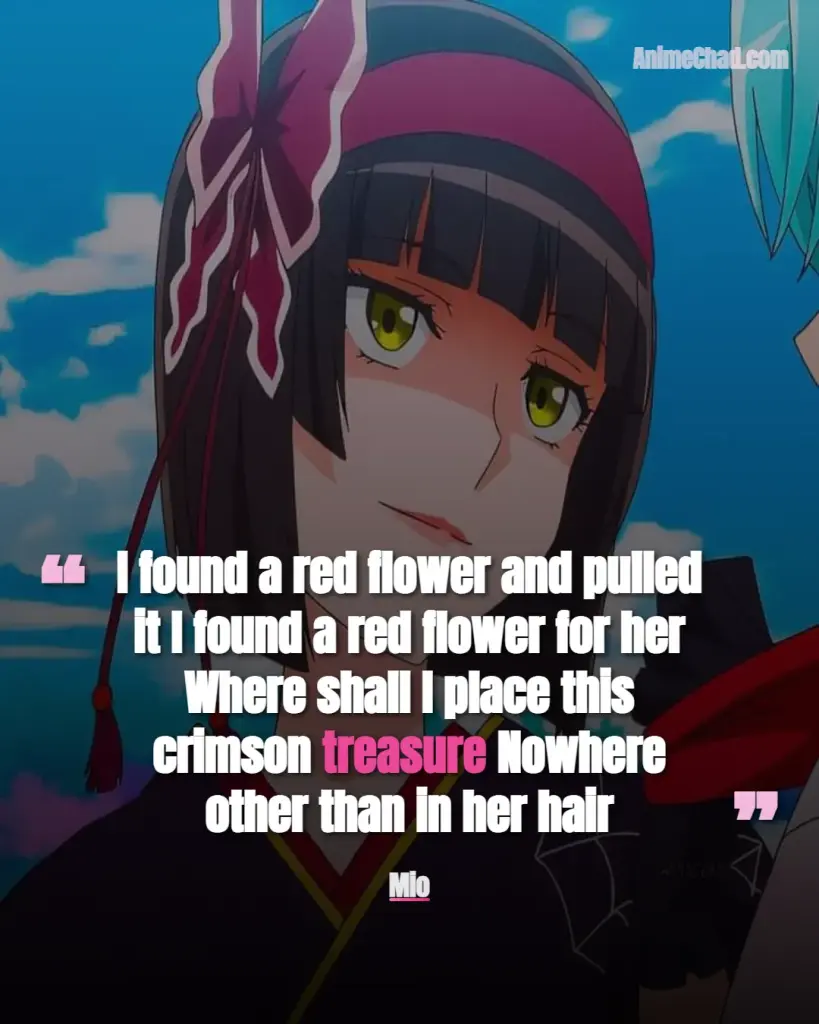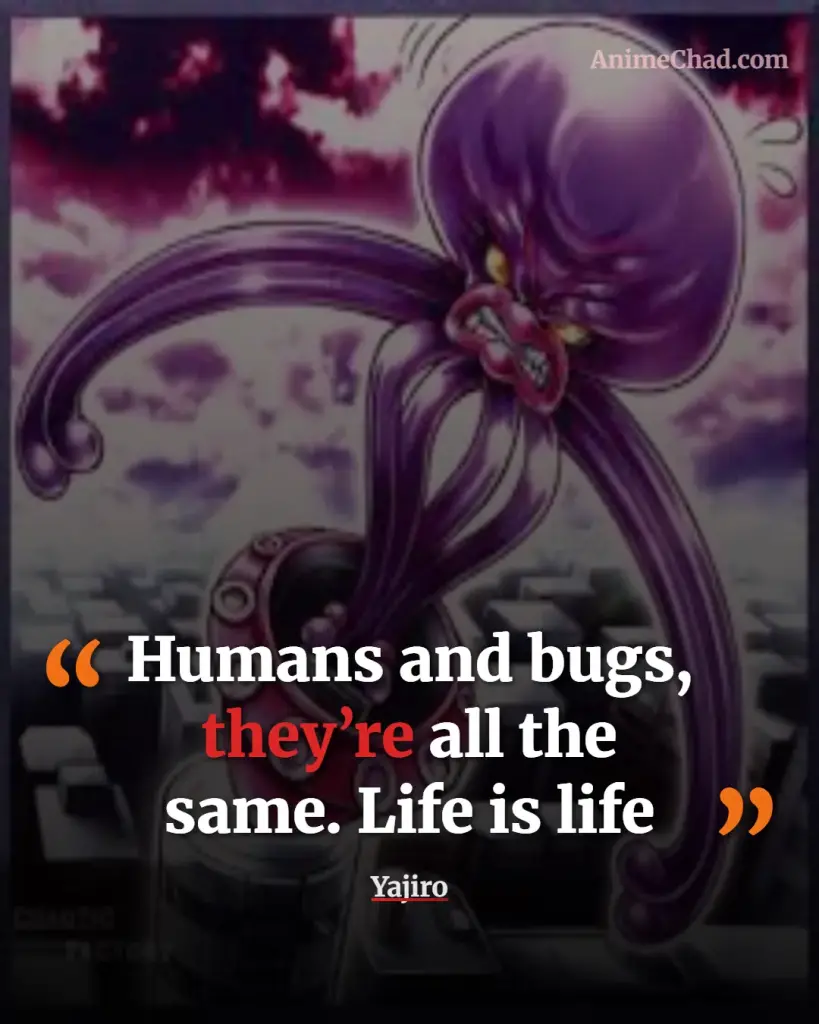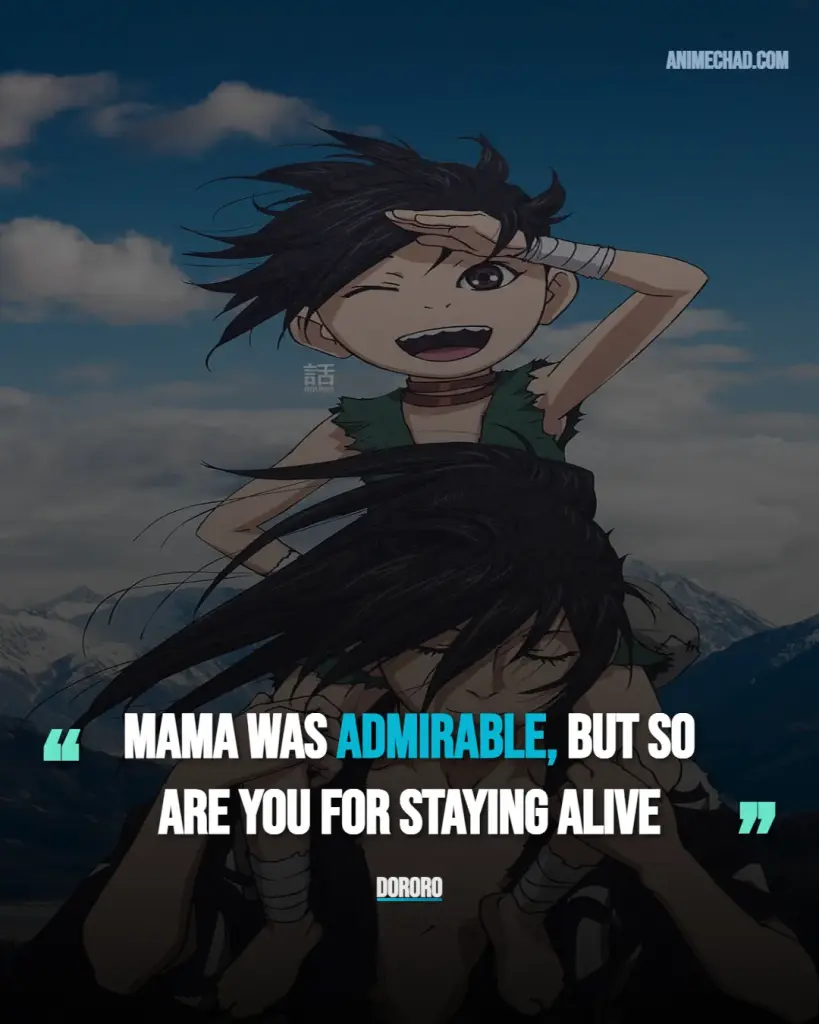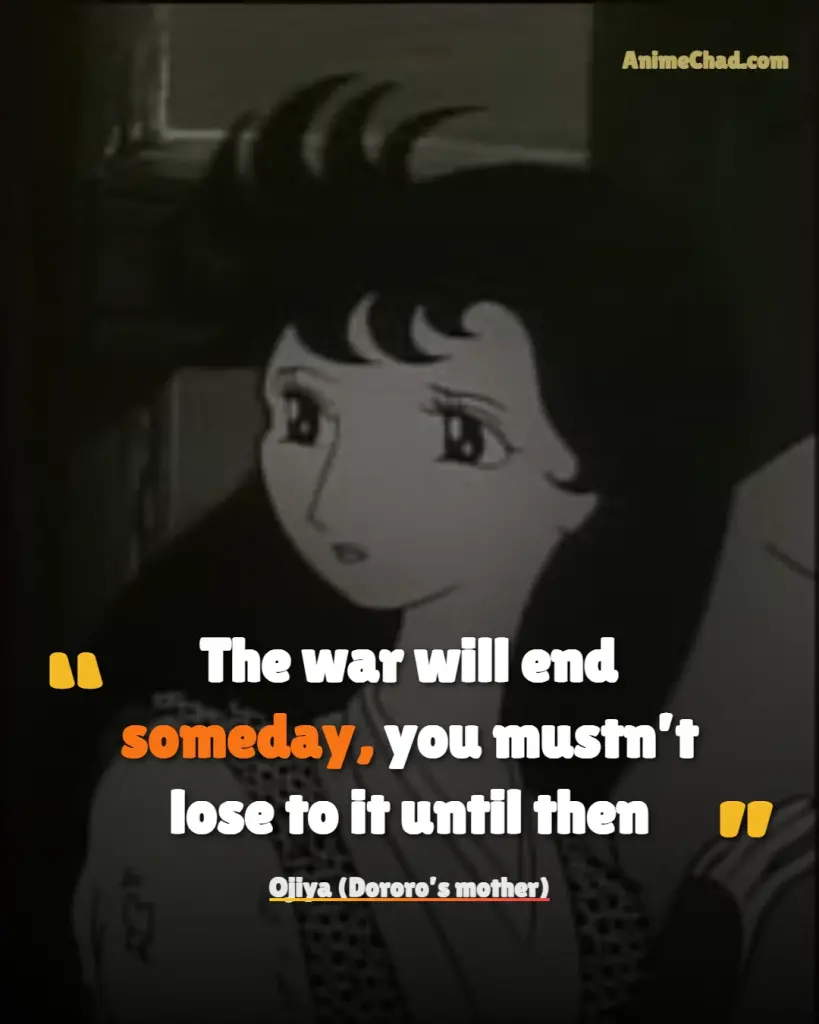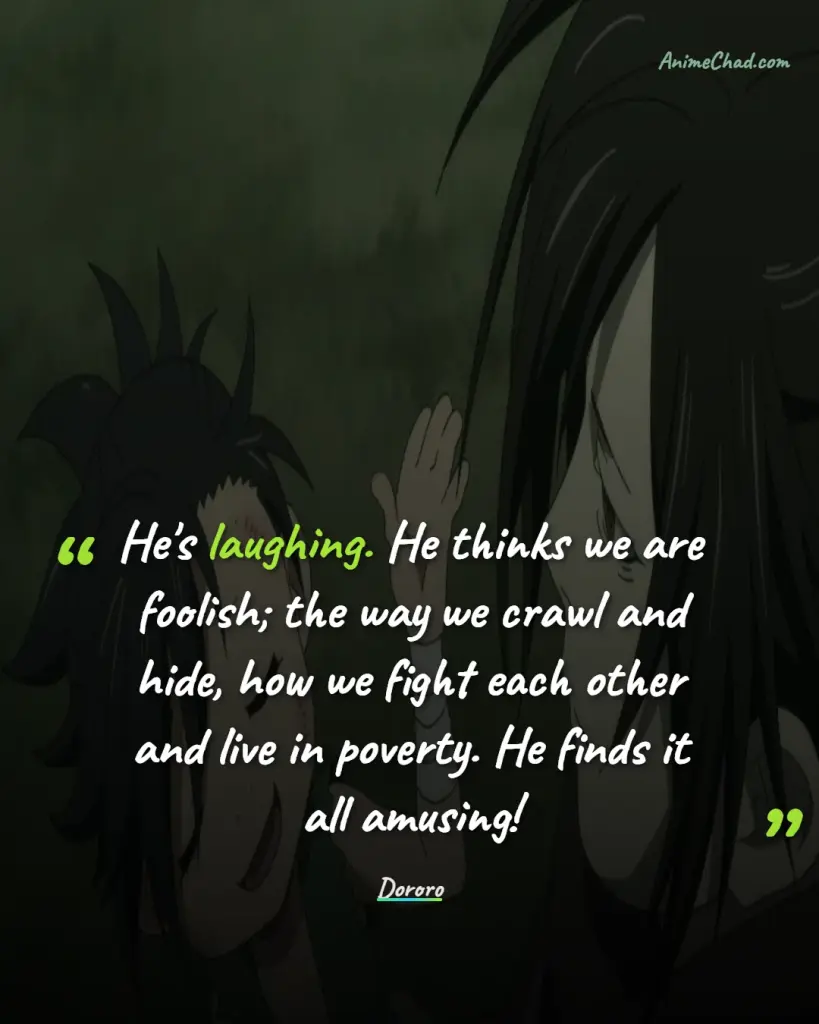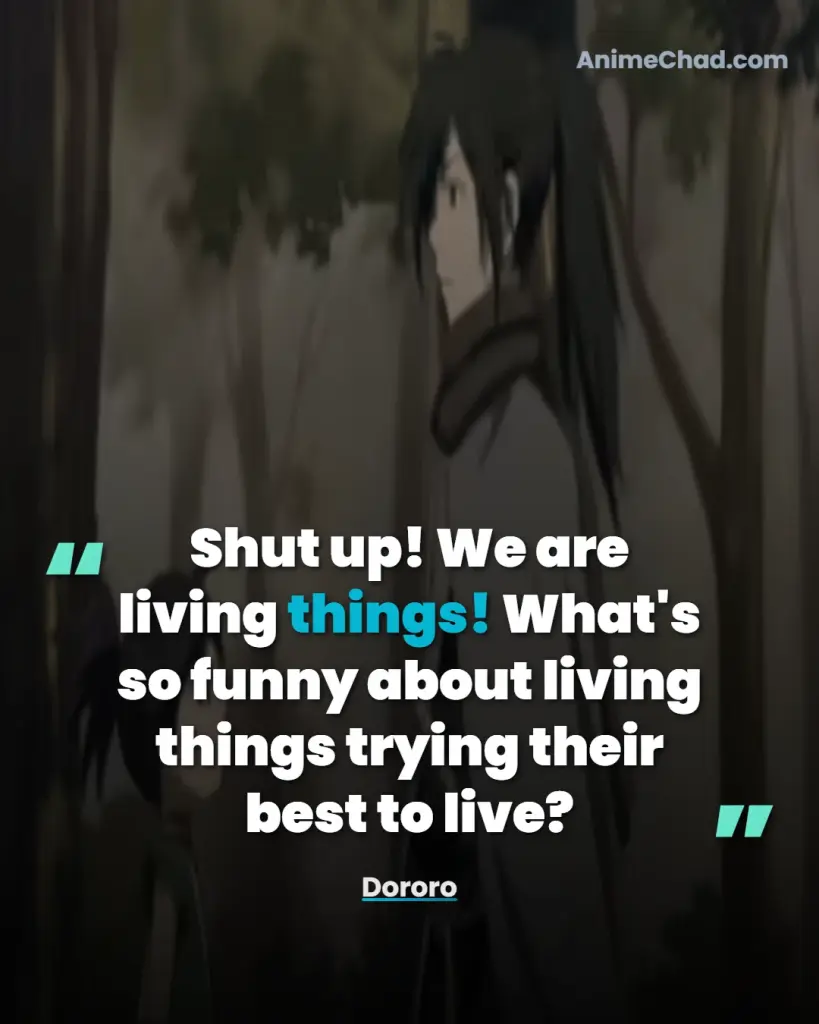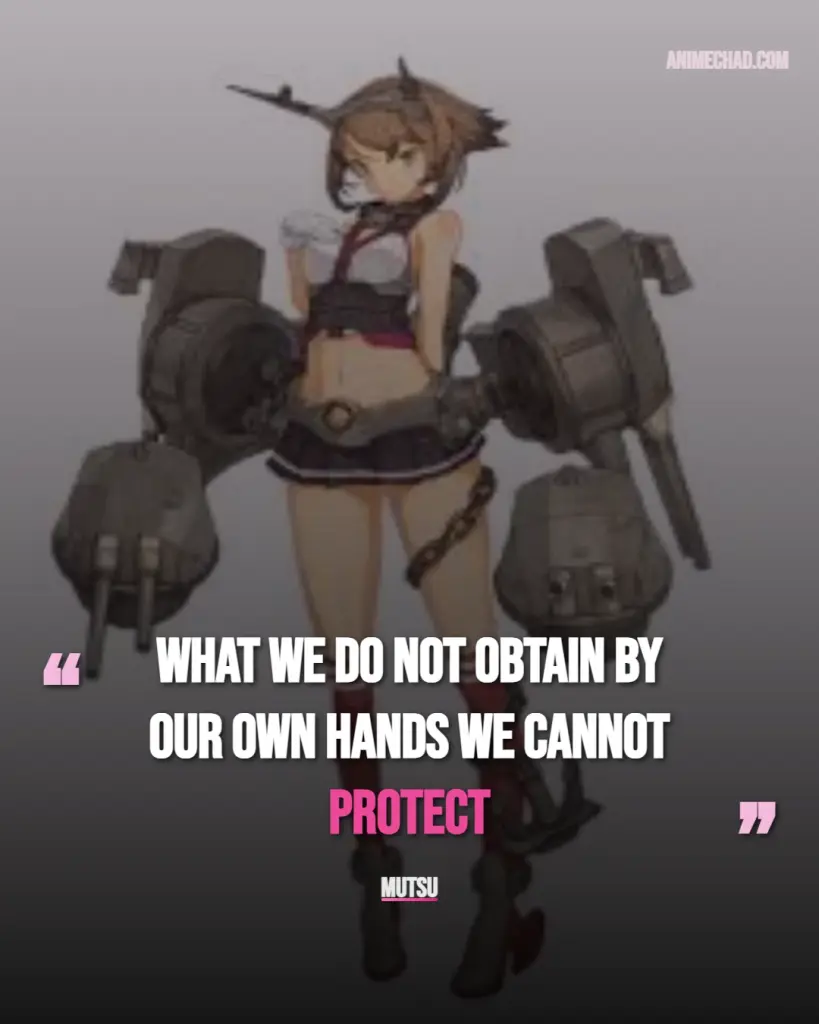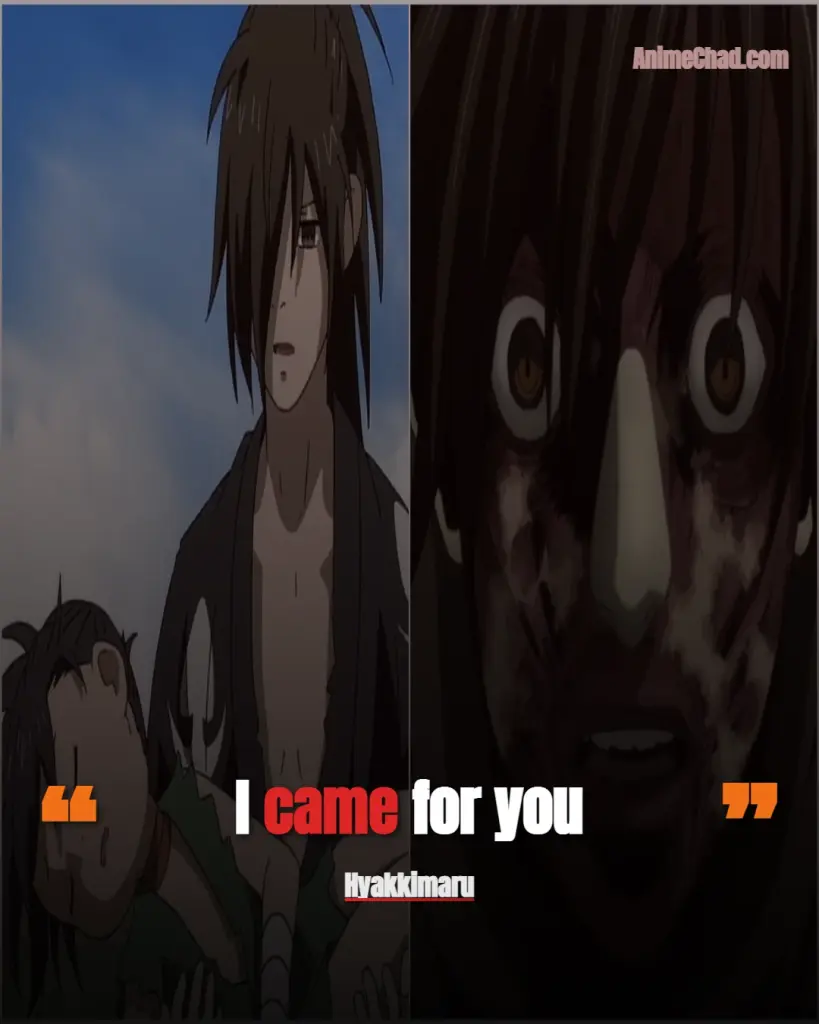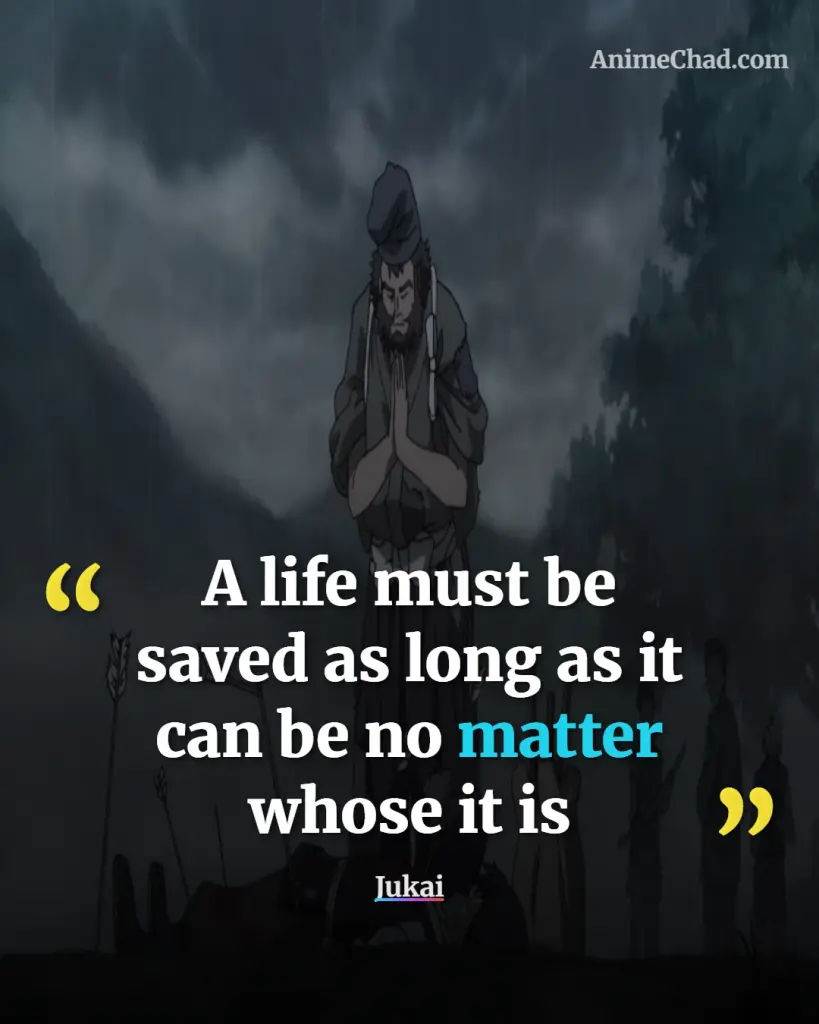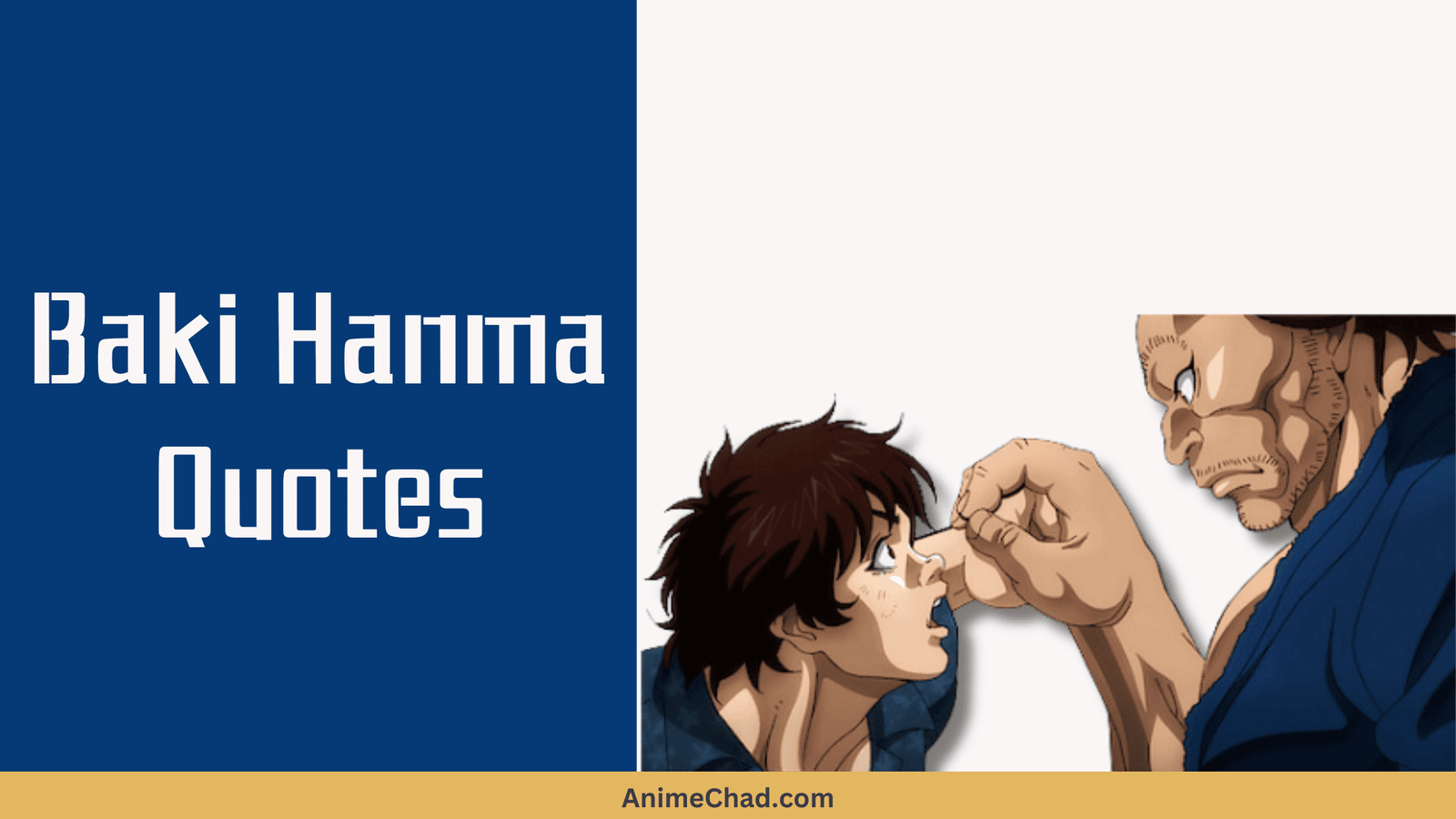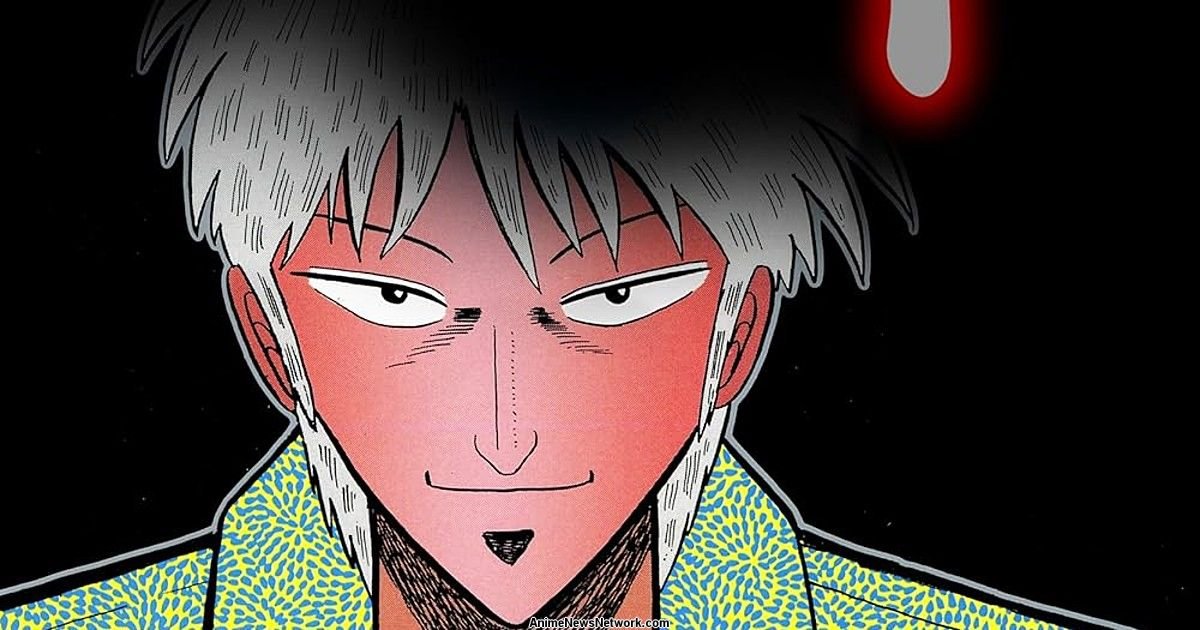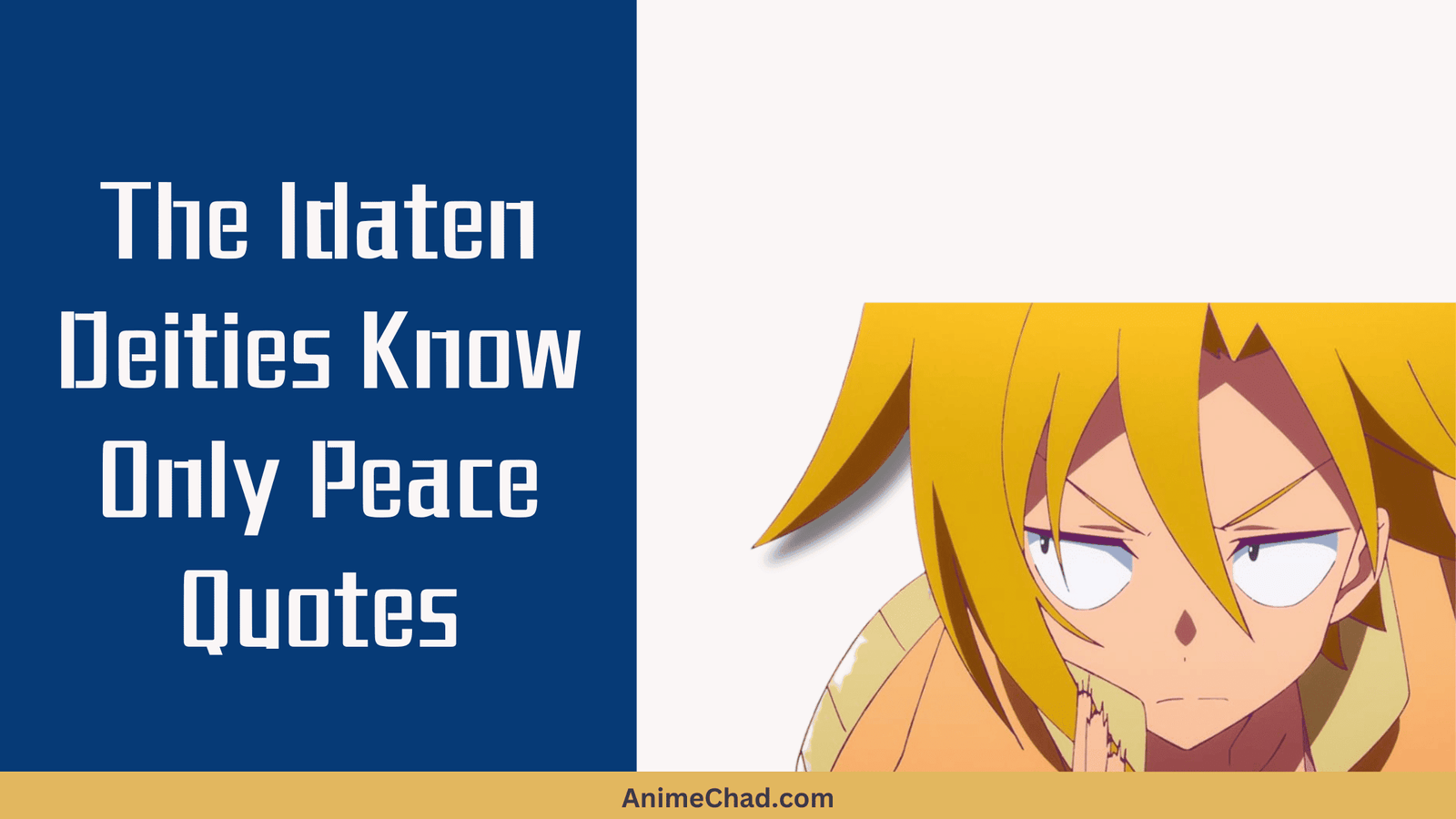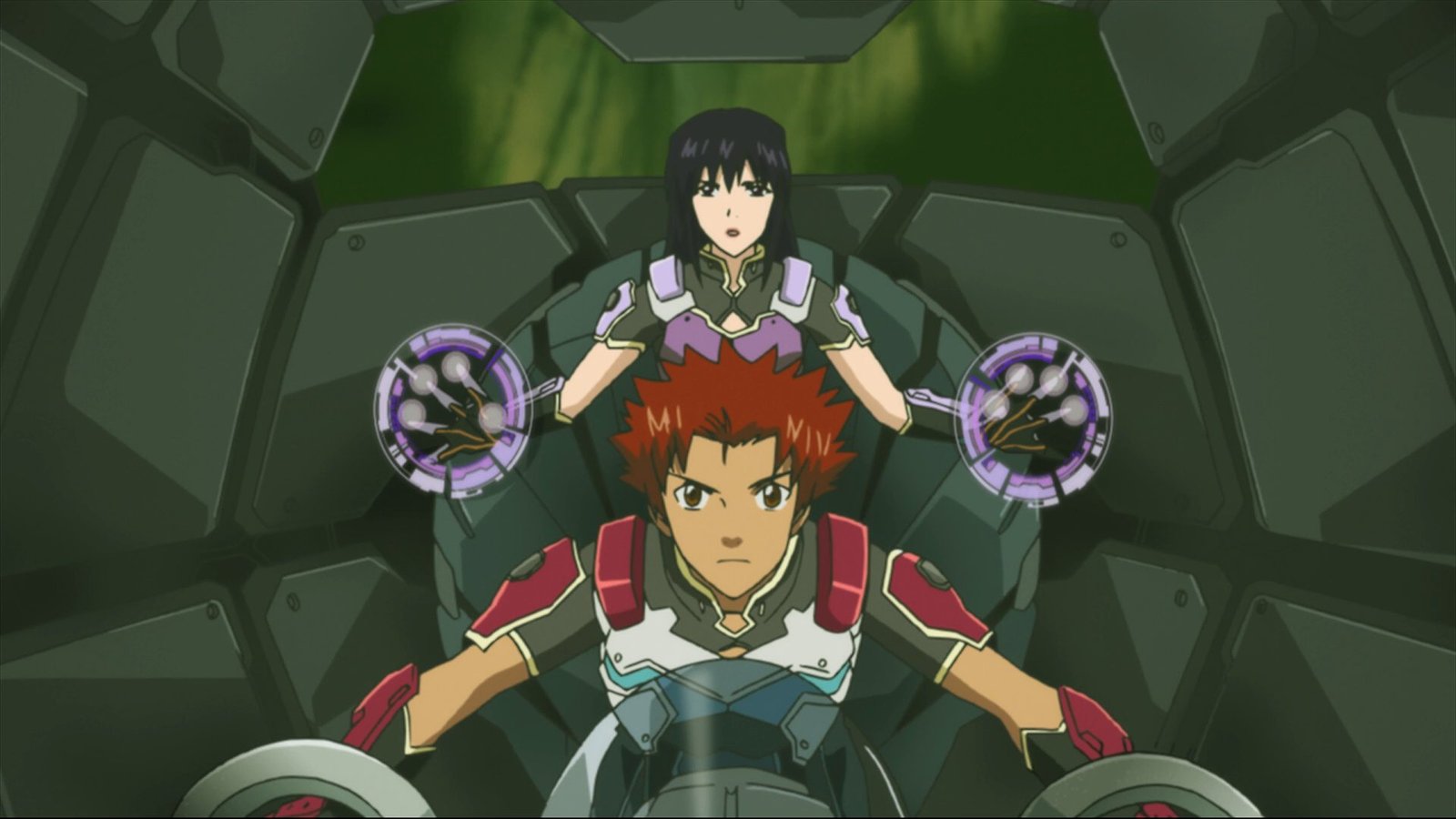Dororo is a dark fantasy series set in feudal Japan, following Hyakkimaru, a young man born without limbs or senses due to his father’s demonic pact for prosperity, as he battles demons to reclaim his body alongside the orphan thief Dororo. The story delves into profound themes of humanity, the cost of war and ambition, suffering, morality, and the blurred line between human and monster.
This curated collection of 25 best quotes highlights emotional depth, character growth, and thematic resonance, drawing from key moments across the anime and manga to inspire reflection on resilience and identity.
At least tell me your name! If you don’t I’ll call you something weird and shout it out
(Episode 1: The Story of Daigo)
Hyakkimaru
Dororo’s playful demand sparks their bond, emphasizing themes of identity and companionship in a lonely world, marking Hyakkimaru’s first steps toward human connection.
If you ask, tell me yours first
(Episode 1: The Story of Daigo)
Hyakkimaru
This retort reveals Hyakkimaru’s guarded nature, highlighting his development from isolation to forming relationships, tying into themes of trust amid abandonment.
A thief has no name. A name could get you arrested. Any thief with a name is just third-rate
(Episode 1: The Story of Daigo)
Dororo
Dororo’s witty declaration underscores survival instincts in a harsh world, reflecting themes of poverty and resilience, with emotional weight in her orphaned defiance.
So we’re the same. I have no fixed name. Drifter, Hyakkimura, Dororo
(Episode 1: The Story of Daigo)
Hyakkimaru
Hyakkimaru’s response forges equality with Dororo, symbolizing his quest for self, blending peaceful bonding with themes of lost identity and human wholeness.
Hey hey hey… This world is about the power of the sword and the coin. If that sword can destroy humans, you could conquer the world with it
(Chapter 1, Manga)
Dororo
Dororo’s ambitious worldview exposes war’s brutality, connecting to themes of ambition and morality, with emotional impact in her child’s-eye critique of society.
I’m glad to die before that day comes
(Episode 1: The Story of Daigo)
Souryo (the priest)
The priest’s final words condemn Daigo’s pact, evoking tragic foresight and emotional weight in sacrifice, highlighting themes of faith versus demonic ambition.
No matter his appearance, he is our son
(Episode 1: The Story of Daigo)
Nui no Kata
Nui’s plea asserts maternal love, driving her character’s guilt and growth, tying into themes of family bonds and the human cost of power.
Human lives were hardly worth more than a stone on the ground
(Episode 2: The Story of Jukai)
Narrator
This narration captures war’s dehumanization, with heavy emotional resonance in loss, linking to broader themes of suffering and societal indifference.
Are you human?
(Episode 3: The Story of Jukai)
Dororo
Dororo’s innocent question probes Hyakkimaru’s essence, fostering his development toward humanity, amid peaceful reflection on identity and belonging.
We see some things people with sight can’t see
(Episode 4: The Story of the Cursed Sword)
Biwamaru
Biwamaru’s insight during a calm moment emphasizes inner vision, connecting to themes of perception and disability, with emotional depth in overcoming limitations.
But he has a curious power. The strong power to survive
(Episode 2: The Story of Jukai)
Jukai
Jukai’s observation highlights Hyakkimaru’s resilience, marking his adoptive father’s role in character growth, tied to themes of survival against demonic fate.
I only wished for one thing: for him to overcome his destiny and live strongly. That was all at first…have I made the wrong decision again?
(Episode 2: The Story of Jukai)
Jukai
Jukai’s doubt reveals internal conflict, showing his development as a mentor, with emotional weight in regret, linking to themes of destiny and morality.
I can’t go with you. I’d only be in your way. I couldn’t do anything for you. All I did was teach you to kill
(Episode 2: The Story of Jukai)
Jukai
This farewell exposes Jukai’s guilt over violence, a pivotal moment in his arc, emphasizing themes of redemption and the cycle of war’s harm.
Hyakkimaru drowned in the flood of sound
(Episode 5: The Story of the Moriko Song, Part 1)
Narrator
Describing Hyakkimaru regaining hearing, this captures overwhelming sensory return, highlighting growth in humanity with emotional intensity in rebirth.
You’re like a wounded beast, hiding in his cave
(Episode 6: The Story of the Moriko Song, Part 2)
Biwamaru
Biwamaru’s metaphor urges Hyakkimaru’s emergence, tying to themes of isolation versus connection, with emotional impact in battle-worn vulnerability.
Mama was admirable, but so are you for staying alive
(Episode 7: The Story of the Jorogumo Silk Spider)
Dororo
Dororo’s encouragement to a survivor blends peace and praise, showing her maturity, connecting to themes of endurance and emotional healing from loss.
I found a red flower and pulled it I found a red flower for her Where shall I place this crimson treasure Nowhere other than in her hair
(Episode 8: The Story of Saru)
Mio
Mio’s song in a tender moment evokes lost innocence, highlighting her tragic arc, with deep emotional sorrow linking to war’s impact on the vulnerable.
Humans and bugs, they’re all the same. Life is life
(Episode 9: The Story of the Mercilessness)
Yajiro
Yajiro’s philosophy during escape values all existence, reflecting themes of equality and morality, with emotional weight in peaceful defiance of oppression.
Mama, is this what hell is like?
(Episode 10: The Story of Tahomaru)
Dororo
Dororo’s cry amid suffering questions damnation, showing her child’s trauma, tying to themes of war’s hellish toll and budding resilience.
The war will end someday, you mustn’t lose to it until then
(Episode 11: The Story of Banmon, Part 1)
Ojiya (Dororo’s mother)
Ojiya’s dying advice inspires perseverance, a key development for Dororo, with profound emotional impact connecting to themes of hope amid despair.
He’s laughing. He thinks we are foolish; the way we crawl and hide, how we fight each other and live in poverty. He finds it all amusing!
(Episode 12: The Story of Banmon, Part 2)
Dororo
Dororo’s outrage challenges demonic mockery, highlighting human dignity, with fiery emotional weight in her growth against systemic cruelty.
Shut up! We are living things! What’s so funny about living things trying their best to live?
(Episode 12: The Story of Banmon, Part 2)
Dororo
This defiant shout affirms life’s value, a turning point in Dororo’s spirit, linking to themes of humanity’s struggle and emotional triumph over ridicule.
What we do not obtain by our own hands we cannot protect
(Episode 23: The Story of the Demons)
Mutsu
Mutsu’s warning in battle underscores self-reliance, reflecting her loyal arc’s end, with tragic emotional depth tying to themes of prosperity’s fragility.
I came for you
(Episode 15: The Story of the Scene from Hell)
Hyakkimaru
Hyakkimaru’s simple rescue vow deepens his bond with Dororo, marking emotional growth from solitude, blending action with themes of protective love.
A life must be saved as long as it can be no matter whose it is
(Chapter 4, Manga)
Jukai
Jukai’s creed in a quiet moment embodies compassion, central to his redemptive development, connecting to broader themes of Buddhist mercy and humanity.

